
Bitter mouth in the early morning - a silent sign of a serious illness?

Waking up with a dry mouth and a bitter taste is a common condition and may serve as an early indicator of various health issues. It is typically characterized by altered taste perception, experiencing bitterness in the oral cavity, and noticeable mouth dryness that causes discomfort. This combination can lead to difficulties with eating, daily activities, and may even point to underlying serious illnesses.
Dry mouth and bitter taste upon waking
Dry mouth and bitterness in the mouth after waking up create an unpleasant sensation and can interfere with eating and communication.
Usually, this condition is accompanied by other symptoms such as:
-
Loss of appetite
-
Reduced sense of taste
-
Bitterness in the throat
-
Bad breath
-
General fatigue
-
Persistent thirst
Several potential causes are linked to this condition, including:
1. Oral health issues
Dry and bitter mouth upon waking is often a sign of dental problems. Common accompanying symptoms include pain, bad breath, tooth sensitivity, difficulty chewing, and challenges with oral hygiene.
Some specific dental conditions that can cause dry, bitter mouth include:
-
Gum inflammation (gingivitis)
-
Periodontitis
-
Dental caries (tooth decay)
-
Halitosis (chronic bad breath)
When dental disease is suspected, it’s essential to visit a dentist for a proper examination and treatment plan. Following professional treatment combined with proper oral care can not only alleviate dryness and bitterness but also prevent complications that affect oral health.
2. Acid reflux (gastroesophageal reflux disease – GERD)
GERD is a common digestive condition across all age groups. It is often caused by unhealthy eating habits, excessive alcohol consumption, weakened or relaxed lower esophageal sphincter, or Helicobacter pylori infection. GERD is typically accompanied by heartburn, acid regurgitation, a burning sensation from the chest up to the throat, and stomach contents reaching the esophagus or mouth.
In fact, many patients with GERD wake up with bitter taste and dry mouth. The condition can also cause bad breath, tooth enamel erosion, increased risk of dental decay, periodontitis, pulp inflammation, and other oral health complications.
3. Kidney disease
The kidneys play a vital role in detoxifying the body through urine, filtering blood, and regulating blood pressure. When kidney function is compromised, toxins may accumulate in the body. Over time, this may lead to skin reactions, oral changes—most notably a metallic taste, bitter mouth, and dryness upon waking.
Kidney diseases can be progressive and severe. If not diagnosed and treated early, they may lead to serious complications, difficult treatment processes, and even threaten life. Therefore, if you notice unusual oral symptoms or suspect kidney disease, it is critical to seek medical evaluation promptly.
4. Liver disease
Like the kidneys, the liver is essential for filtering and eliminating toxins. When its function is impaired, toxins may build up, leading to changes in the skin, eyes, and oral cavity. Individuals with liver conditions may exhibit symptoms such as bad breath, dry mouth, yellowing of skin and eyes, and especially a bitter taste in the mouth upon waking.
Liver problems are often associated with unhealthy diets, alcohol abuse, or tobacco use. To prevent such conditions and support liver health, a balanced diet and avoidance of harmful habits are strongly recommended.
5. Alzheimer’s disease
Alzheimer’s disease is a neurodegenerative disorder that leads to cognitive decline. It causes damage and eventual death of brain neurons, making communication difficult and impairing memory. Patients often struggle with daily activities, including self-feeding.
As a result, many individuals with Alzheimer’s experience prolonged bitterness and dryness in the mouth, which may further contribute to dehydration.
6. Sjögren’s syndrome

Sjögren’s syndrome is an autoimmune disorder that primarily targets the tear and salivary glands. When immune cells attack the salivary glands, saliva production is reduced or halted, leading to dry mouth and bitter taste, especially upon waking.
If left unchecked, Sjögren’s may increase the risk of oral infections like Candida, aphthous ulcers, tooth decay, gingivitis, and periodontitis. As an autoimmune condition, it lacks a definitive cure, so early diagnosis and intervention by a specialist are crucial.
7. Diabetes
Dry and bitter mouth upon waking can be an indicator of diabetes. This may be due to uncontrolled blood glucose levels or side effects of medications used to manage diabetes.
If one frequently experiences prolonged bitterness and dryness, regular blood sugar monitoring is advised. If the symptoms are suspected to be related to medication, consulting a specialist about potential adjustments or alternatives is recommended.
8. Other contributing factors
Beyond the conditions above, waking up with dry, bitter mouth may also be caused by:
-
Pregnancy
-
Oral burns or irritation
-
Dehydration
-
Side effects of certain medications
-
Frequent alcohol or tobacco use
-
Advanced age
Given the wide array of potential causes and overlapping symptoms, it can be difficult to identify the exact reason based on oral signs alone. Therefore, undergoing a complete medical examination to determine the underlying cause and appropriate treatment is strongly advised.
Remedies and management tips
While treatment of the root cause usually requires medical or dental consultation, certain home care practices can help alleviate dry and bitter mouth symptoms:
Proper oral hygiene
-
-
Brush teeth at least twice daily using a soft-bristled brush and fluoride toothpaste.
-
Use dental floss or a water flosser after meals to remove food debris and plaque.
-
Rinse with saltwater or an alcohol-free antiseptic mouthwash. Avoid mouthwashes containing alcohol, as they can worsen dryness or bitterness.
-
Clean the tongue 2–3 times per week using a specialized scraper or soft brush.
-
Rinse with plain water and chew sugar-free gum after snacks to stimulate saliva production and prevent dryness.
Healthier dietary habits-
Stay well hydrated—aim for 2–3 liters of water daily. Include juices, smoothies, and herbal drinks as appropriate.
-
Limit oily, spicy, and dehydrating foods and beverages.
-
Avoid alcohol, caffeine, carbonated drinks, and tobacco.
-
Consume fruits with mild acidity (e.g., citrus, strawberries, tamarind) to naturally stimulate saliva—unless these exacerbate a digestive problem. Avoid excessive acidic foods to protect dental enamel.
-
Incorporate leafy greens, water-rich fruits, and probiotic-rich foods (such as yogurt, kimchi, kombucha) to support oral and overall health.
-
-
These lifestyle and hygiene adjustments can reduce discomfort such as dry mouth, bitterness, and bad breath. For those with chronic conditions like diabetes, hypertension, pregnancy, or kidney issues, consulting a specialist for personalized nutritional advice is essential.
News in the same category


People with blue ve.ins should pay attention to this
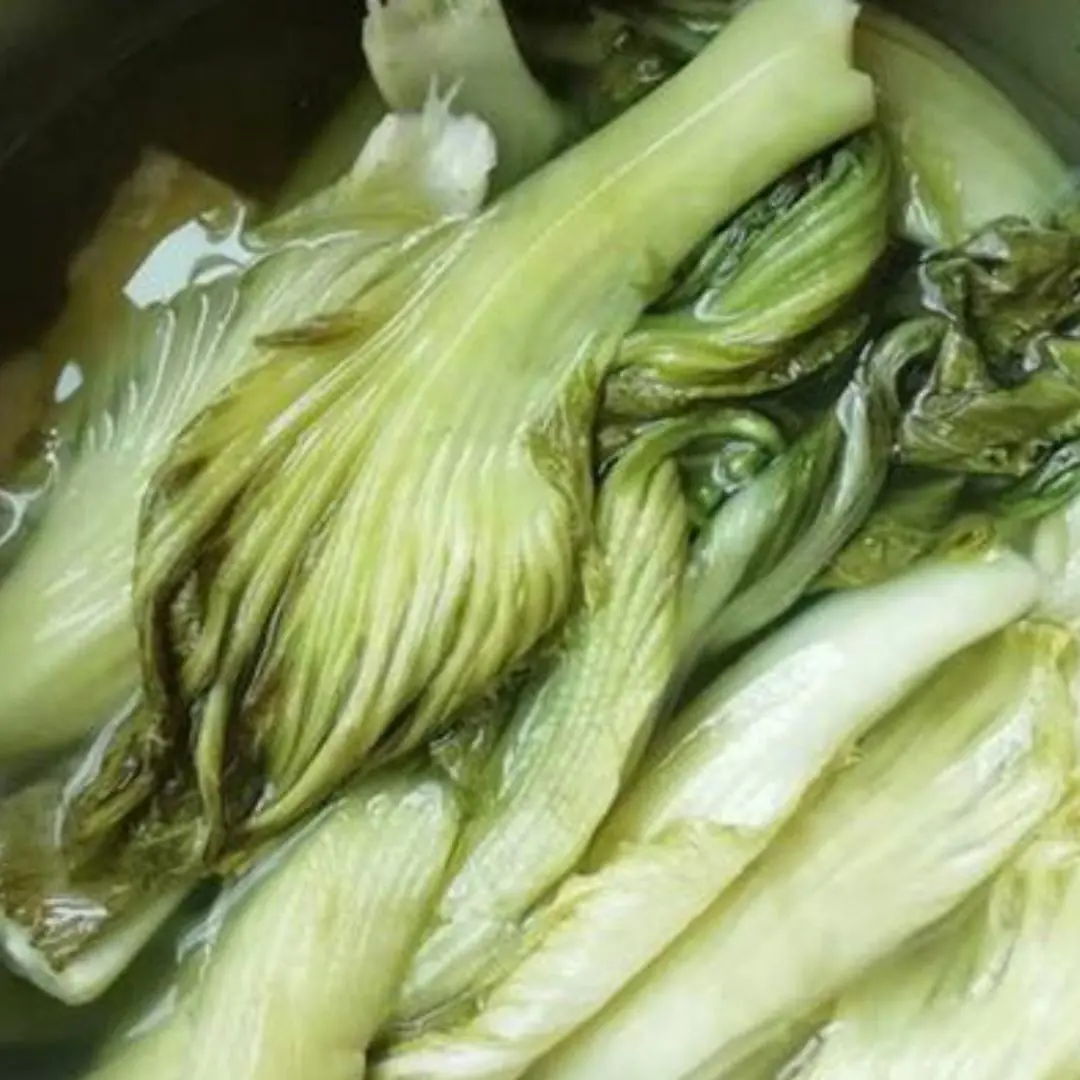
5 Foods That Can Increase Ca.n.c.er Risk – Should Be Limited In Daily Meals

3 types of fruit that can.cer cells love

6 Subtle Changes That May Signal the Early Stages of Colo.rectal Can.cer

7 Common Vegetables That Can Cause Kid.ney Stones
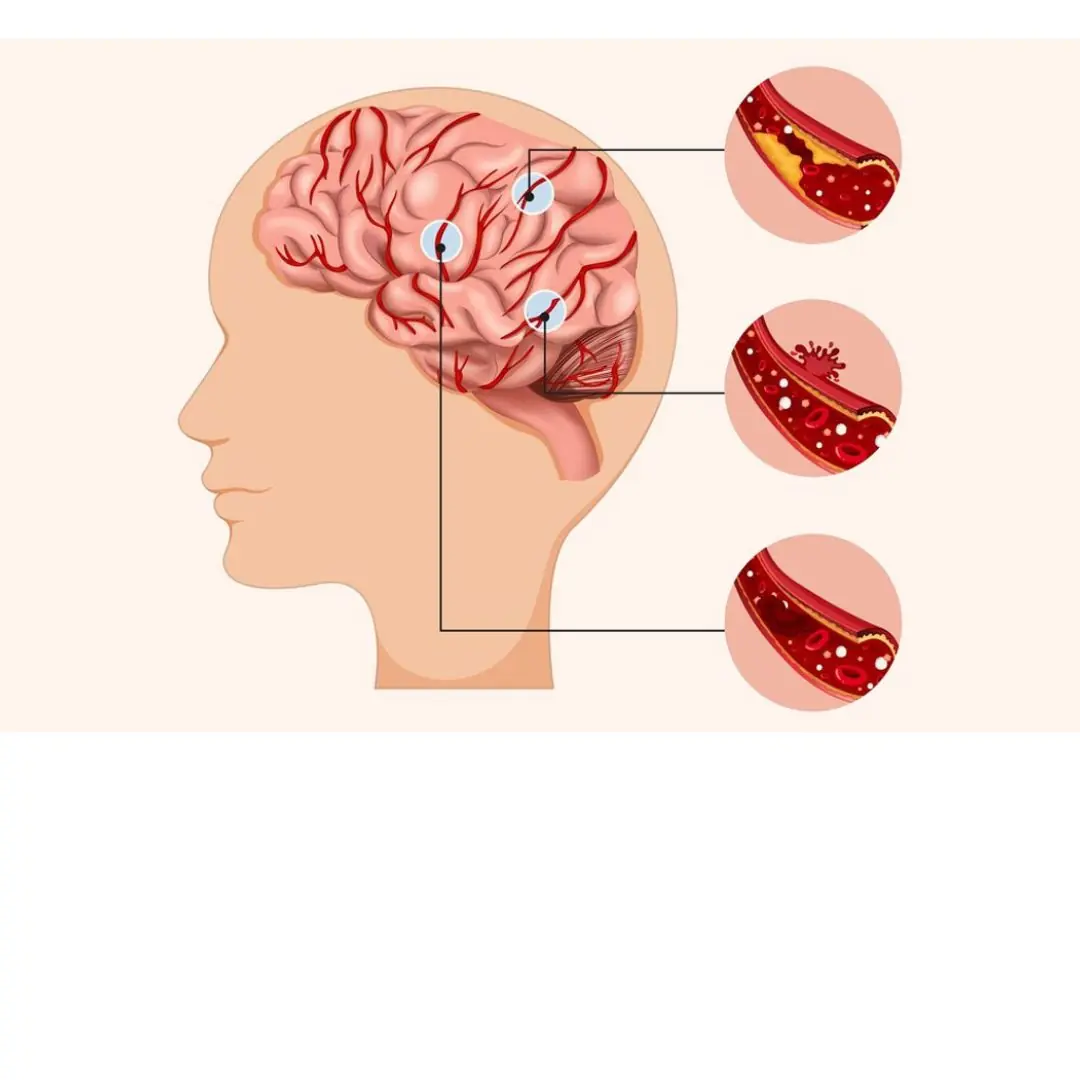
Why Can Young People Still Suffer Strokes and Sudden Death? 5 Dangerous Habits You Need to Quit Immediately

5 Delicious Foods Once Misunderstood as Har.mful
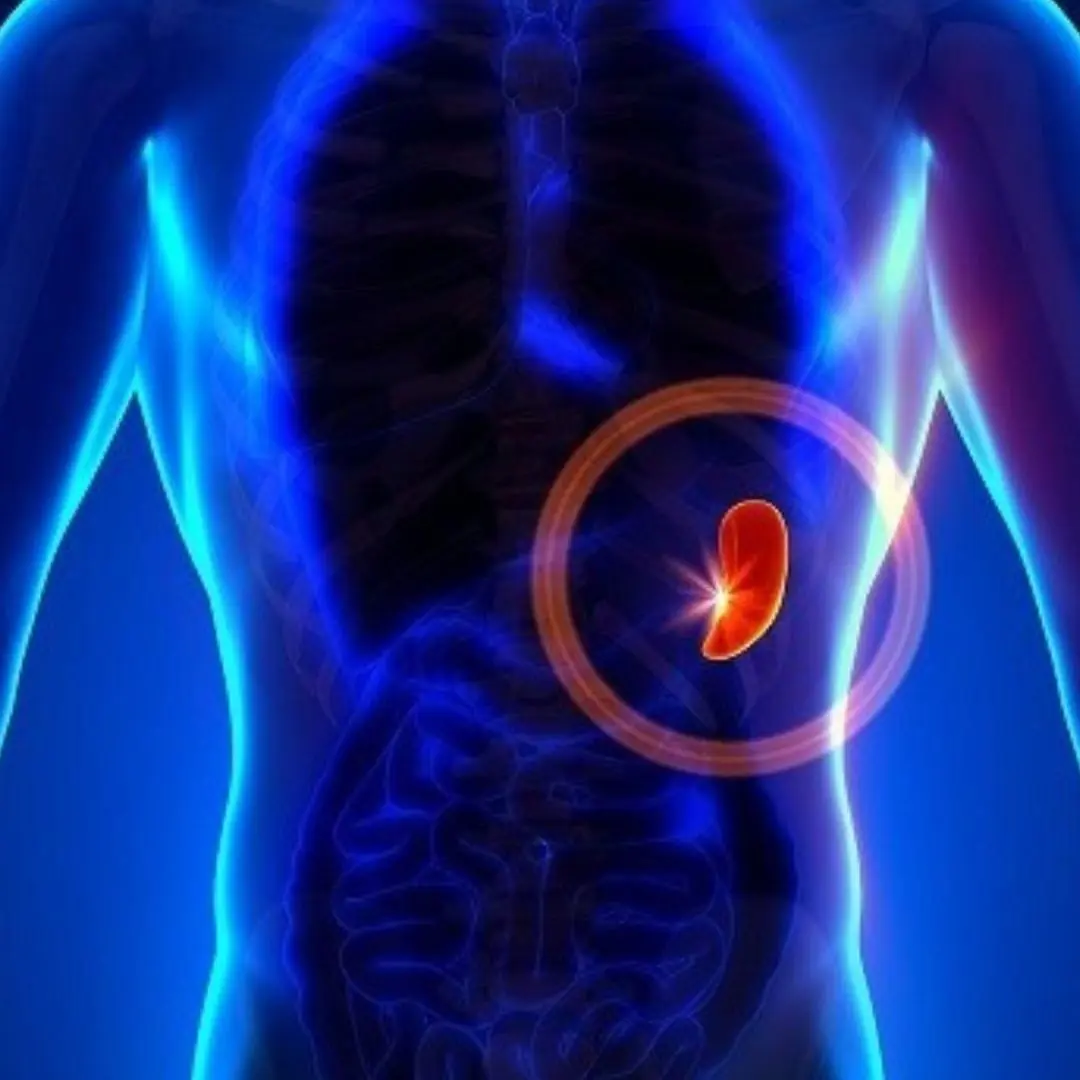
Spleen Cancer: A Rare But Dangerous Disease – You Need To Know!

Achy Mornings? Here’s What Your Body’s Trying to Tell You — And How to Fix It

5 Pancreatic Can.cer Symptoms Often Mistaken for Sto.mach Issues

5 Types of Drinks That Can Harm Your Liv.er and Kid.neys at Night
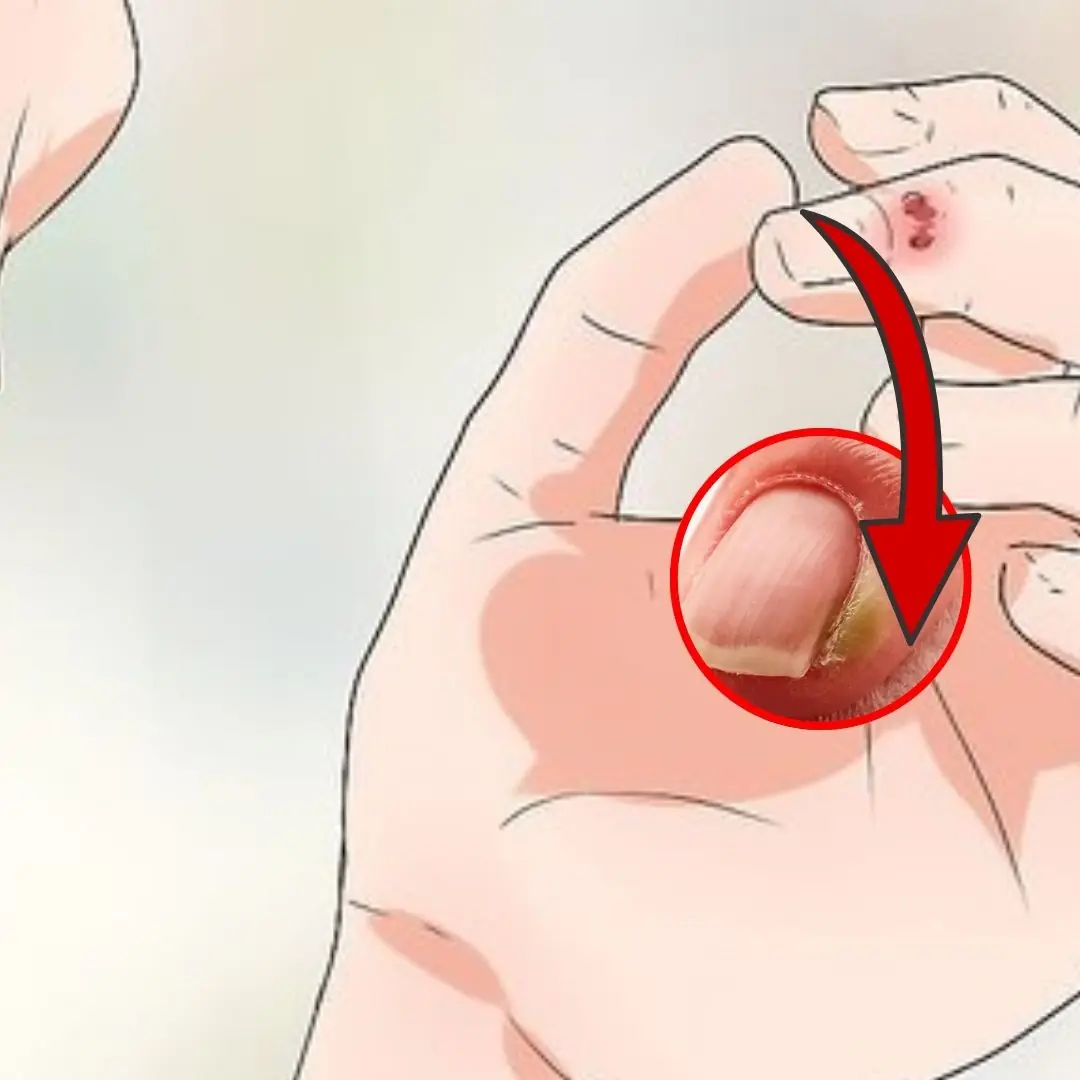
Suffering from Canker Sores? Here Are 3 Powerful Home Treatments You Should Try

When Fat Invades and Des.troys the Liv.er, the Body Swells in 5 Areas

3 “Golden” Foods That Help Women During Menopause

4 Clear Warning Signs of Stro.ke

6 Bodily Changes That Are “SOS Signals” From Your Kid.neys Before Can.cer

Your Body Might Be Low on Zinc — Here Are 6 Signs to Watch For

Woman gets brain infection after eating refrigerated watermelon
News Post

5 groups of people who should absolutely NOT eat chocolate – the 3rd group will surprise you!

A Wild-Growing Vegetable Once Ignored Is Now Highly Sought After

A Little-Known Leaf That Can Be Eaten Fresh or Brewed as Tea

This Vegetable Contains 60 Times More Vitamin K Than Duck Eggs

5 Types of Vegetables Rich in Natural Collagen

People with blue ve.ins should pay attention to this

How Sleeping After 11 PM Can Damage Your Body – Expert-Backed Insights

5 Foods That Can Increase Ca.n.c.er Risk – Should Be Limited In Daily Meals

3 types of fruit that can.cer cells love

Mistake #5: Almost everyone makes it—but few actually notice

A familiar vegetable ranked among the cleanest by the U.S

The royal-class meat highly praised in the U.S

This pot of stew has never been left on fire for 50 years — the reason behind it will surprise you!

Tips to Skim Excess Fat from Greasy Soup

6 Subtle Changes That May Signal the Early Stages of Colo.rectal Can.cer

Onions Aren’t Just for Cooking: 5 Surprising Hacks

No Matter How Tight Money Is, Eat These 3 Types of Meat as Little as Possible
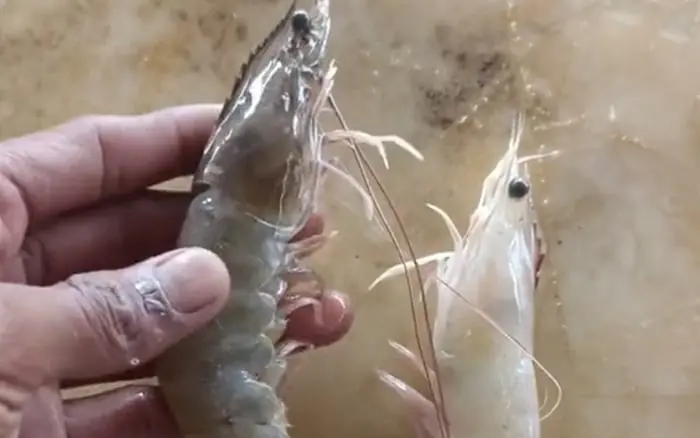
Want to Know If a Shrimp Is Farm-Raised or Wild-Caught?
